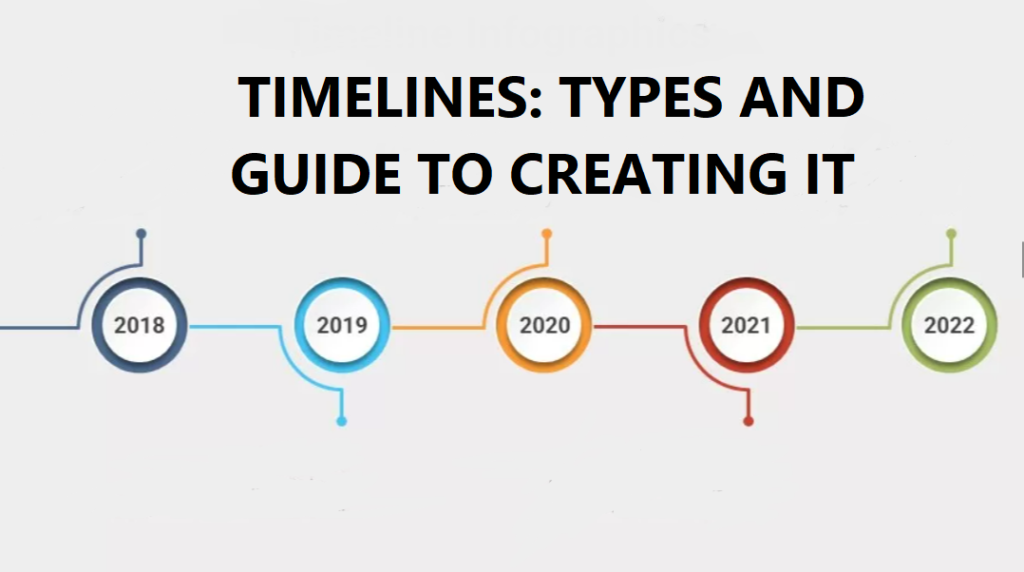Numerous facets of our lives have been transformed by technology, and the financial industry is no exception. Financial reporting systems have seen a substantial transformation thanks to advances in recent years. Technology has streamlined financial reporting, improving accuracy, efficiency, and decision-making powers through automated data collecting and advanced analytics. This article examines how tech has had a significant impact on accounting, noting its advantages, difficulties, and promise for improved financial solutions.
Automation: Streamlining Data Collection and Processing
The automation of data collecting and processing is one of tech’s most significant effects on the reporting of financial information. Accounting software, cloud computing, and data integration technologies have made it possible to collect financial data from various sources, integrate it, and process it in real time. This automation increases the accuracy and dependability of financial reporting by doing away with the necessity for manual data entry and lowering the likelihood of errors. Finance experts may concentrate on tasks that bring value, such as data analysis and strategic decision-making, thanks to automated data processing.
Advanced Analytics: Unleashing Insights from Financial Data
The power of advanced analytics in financial reporting has been unleashed by technological advances, allowing businesses to learn important lessons from their data. Financial reporting systems can examine enormous volumes of data to find trends, spot anomalies, and forecast future results using artificial intelligence (AI) and machine learning algorithms. Finance professionals can make well-informed decisions, allocate resources efficiently, and spot development possibilities thanks to these analytics-driven insights. Predictive analytics can also improve risk management abilities, allowing for preemptive steps to reduce financial risks.
More Effective Finance Solutions: Considering Different Options
Organizations should consider a commercial finance agreement while searching for more efficient finance options. These contracts give companies the freedom to buy necessary tools and technology without having to pay a lot upfront. Corporations can stretch the expense of technology investments over time while enjoying immediate advantages by choosing this type of agreement. With this strategy, businesses may improve their accounting and reporting capabilities, maintain their competitive edge, and use technology to stimulate growth. These finance arrangements can be used as a strategic instrument to enhance an organization’s financial transformation as it embraces the potential of technology.
Enhanced Collaboration and Connectivity: Real-Time Reporting
Collaboration and connectivity in the procedure of reporting financial information have been improved because of innovation. Multiple stakeholders, such as accountants, auditors, and executives, may now access and participate in financial reporting in real-time thanks to cloud-based platforms and collaboration tools. By providing decision-makers with current information, real-time reporting enables quick and well-informed decision-making. Additionally, the remote work capabilities made possible by technology allow for seamless cooperation amongst finance teams that are spread geographically. All of these aspects help to further increase productivity and efficiency.
Data Security and Compliance: Safeguarding Financial Information
The requirement for stringent data security and compliance procedures in the accounting industry has increased as tech has developed. Organizations must guarantee the integrity and confidentiality of financial information in light of the rising frequency of cyber threats and data breaches. Sensitive financial data is protected with the aid of technological solutions like encryption, multi-factor authentication, and secure cloud storage. Furthermore, cutting-edge innovations like blockchain provide transparent and immutable transaction records, consequently boosting confidence and accountability in financial reporting. Tools for compliance automation can help with regulatory compliance and lower the risk of non-compliance as well.
Challenges and Adaptation: Navigating the Changing Landscape
While technology has greatly improved the reporting of financial information, it also introduces difficulties that businesses must overcome. One of the difficulties in implementing new tech is the necessity for qualified personnel as well as the implementation of expenses and system integration problems. In addition, the rapid speed of technological development necessitates that finance professionals maintain their skill sets and keep up with emerging trends. In order to achieve a seamless transition to technology-driven financial reporting processes, organizations need to engage in training and change management activities.
In conclusion, technology has certainly transformed the way businesses report on finances by bringing automation, cutting-edge analytics, greater data security, and enhanced collaboration. Despite the difficulties, companies that adopt new tech and do so successfully will succeed in the increasingly digital world. Corporations can improve financial reporting procedures, effectively use technology, and stay on top of trends by taking into account various effective financing solutions. Organizations must embrace innovation and make use of its possibilities as technology continues to develop because the influence on financial reporting will only keep growing.





